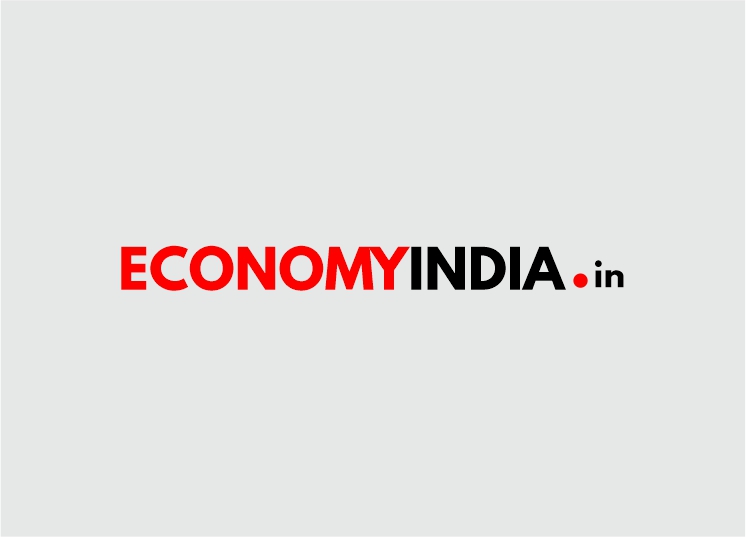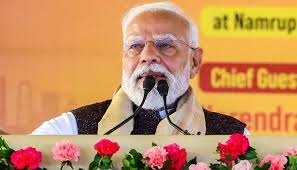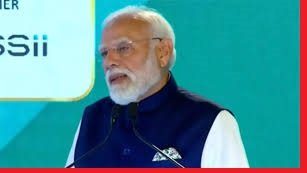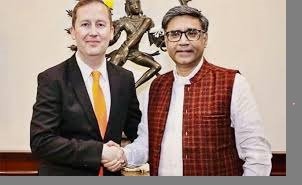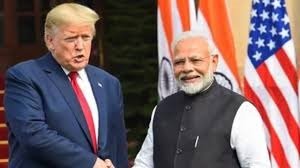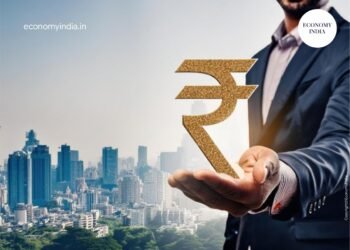According to a report in News18, Every stimulus package to boost the economy has its own burdening impact on the country’s fiscal position. However, a stimulus through tax reforms will be more helpful in infusing resilience in the economy in a sustainable manner. Finance Minister Nirmala Sitharaman is seeking suggestions from stakeholders in the run-up to finalise the annual budget for 2022-23. It is high time to go for an out-of-the-box initiative on the front of personal income tax. There is an opportunity to provide stimulus through direct tax reform in the form of an expenditure tax, which will be a more rational substitute for the income tax.
If personal income tax is done away with, about 6.32 crore people will have the freedom from the burden of submitting annual Income Tax Returns (ITR). The ITR has a demoralising effect on new entrepreneurs and emerging start-ups to grow as they are not exempted from personal tax compliances. Income tax regulations require people to maintain and submit various records and file returns.
The Income Tax Department tirelessly scrutinises millions of returns, which are followed by queries, clarifications, refunds and protracted correspondence. The litigations, if any, go on for years, taking a toll on both the citizens and the government. The various organisations complying with TDS will also be free from the burden of collecting, remitting and submitting various returns if personal Income Tax is shelved.
There are several countries such as the UAE, Qatar, Oman, Kuwait, Cayman Islands, Bahrain, Bermuda, Saudi Arabia, and Brunei Darussalam where you do not need to pay Income Tax. People in these countries, however, do need to contribute towards social security. Some of these countries are well-known tax havens, while most others have managed to use natural resources to fund government expenses.
Harried Salaried Class
Income Tax is largely levied on middle-class salaried people. The rich have dividends and capital gains as a major source of their income rather than salaries. According to the data of Income Tax Department, only 8,600 individuals have revealed that their annual income is above Rs 5 crore. About 42,800 people have declared taxable income of over Rs 1 crore annually. Further, four lakh people with income more than Rs 20 lakh, and constituting 1% of the tax base, account for 63% of the income taxes collected from individuals in an economy with a tax-paying base of about 1.5 crore people. Thus, 99% of India’s tax-paying people are being coerced into filing their ITRs, while they pay a minuscule amount as tax on some pretext or the other. The people who pay up are mostly the salaried class because they can’t evade taxes as these are deducted as TDS.
Personal income tax is effectively collected only from salaried individuals. All other categories somehow escape by adopting different methods. The salaried class pays tax on the income and then spends the net income, whereas the non-salaried classes spend money under various expenses heads and reduce their tax liability. Expenses on rentals, phone, electricity, domestic and foreign travels, water, entertainment are part of tax-deductible expenditure for the business and professional category.
Only 2,200 doctors, chartered accountants, lawyers and other professionals have disclosed annual income of more than Rs 1 crore from their profession. Big agriculturists hardly pay any income tax. Even political parties ensure that they do not pay any taxes. As revealed by Prime Minister Narendra Modi at a summit in February 2020, only 1.46 crore individuals are liable to pay income tax, which is less than 1% of the population.
For the year 2020-21, out of gross tax revenue of Rs 24,23,020 crore, the income tax was budgeted at Rs 6,38,000 crore which comes to 26.30% of total revenue receipts. Corporate tax of Rs 6,81,000 crore (28%), GST Rs 6,90,500 crore (28.5%), excise duties Rs 2,67,000 crore (11%), customs Rs 1,38,000 crore (5.70%), and service tax Rs 1,020 crore (0.045%).
Generation of Black Money
It is a general tendency among the people to evade tax. Tax planning or tax avoidance is considered a legitimate right to reduce tax liability. However, evasion is an offence. There is a parallel black money economy blocked in shape of properties and gold. If personal income tax is replaced by expenditure tax, then there will be no scope of converting genuine income into black money through tax evasion and the entire funds will be available for productive purposes of the economy.
Banks Credit Creation
Banks generally retain 3% of the deposit under the cash reserve ratio (CRR) and lend 97% including Statutory Liquidity Ratio (SLR) requirement. This is because of the fact that 97% will come back to the banking system as deposits, which will be lending again retaining 3%, and the process will go on and on. This is the process of credit creation by banks. If any black money comes to the bank as a legitimate deposit, this will steeply increase the money supply and hence productivity as well. This will also significantly increase the lending capacity of banks.
The Outcome
The expenditure tax is quite like the income tax, with one key difference being that the tax base is one’s expenditure, and not his income. The rates of expenditure tax can be made steeply progressive to tax the rich heavily. One would be still better off as a large part of the spending by the rich is out of capital, which is generally untouched by the income tax.
India must explore the option of replacing income tax with expenditure tax. The shift from the income base to expenditure base will not only mitigate the harmful effect and inequities of a non-comprehensive income tax but will also reduce extravagant consumption and promote savings to a significantly larger extent than the present system promises. Another significant gain will be placing a part of personal taxation on a family basis without imposing high marginal burdens on the incomes of working wives. Expenditure tax will be a blockbuster reform with immense potential to provide a fillip to the economy. (News18)

